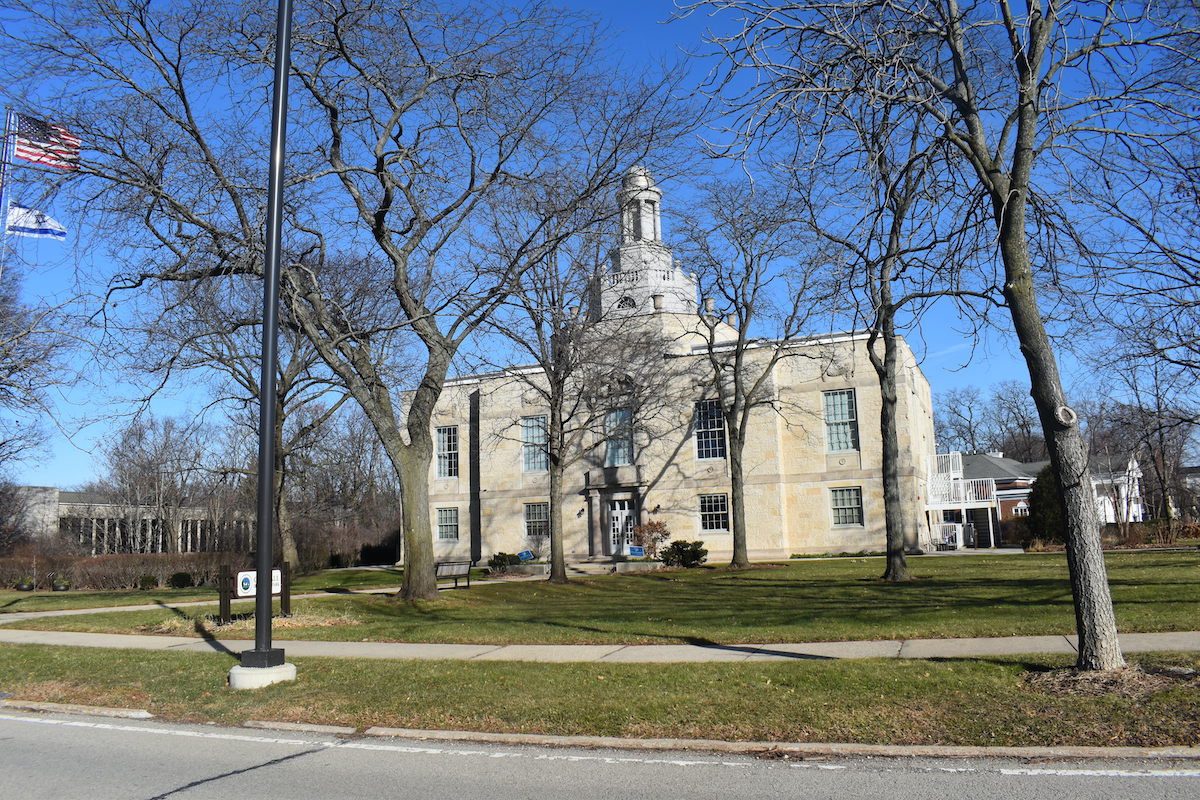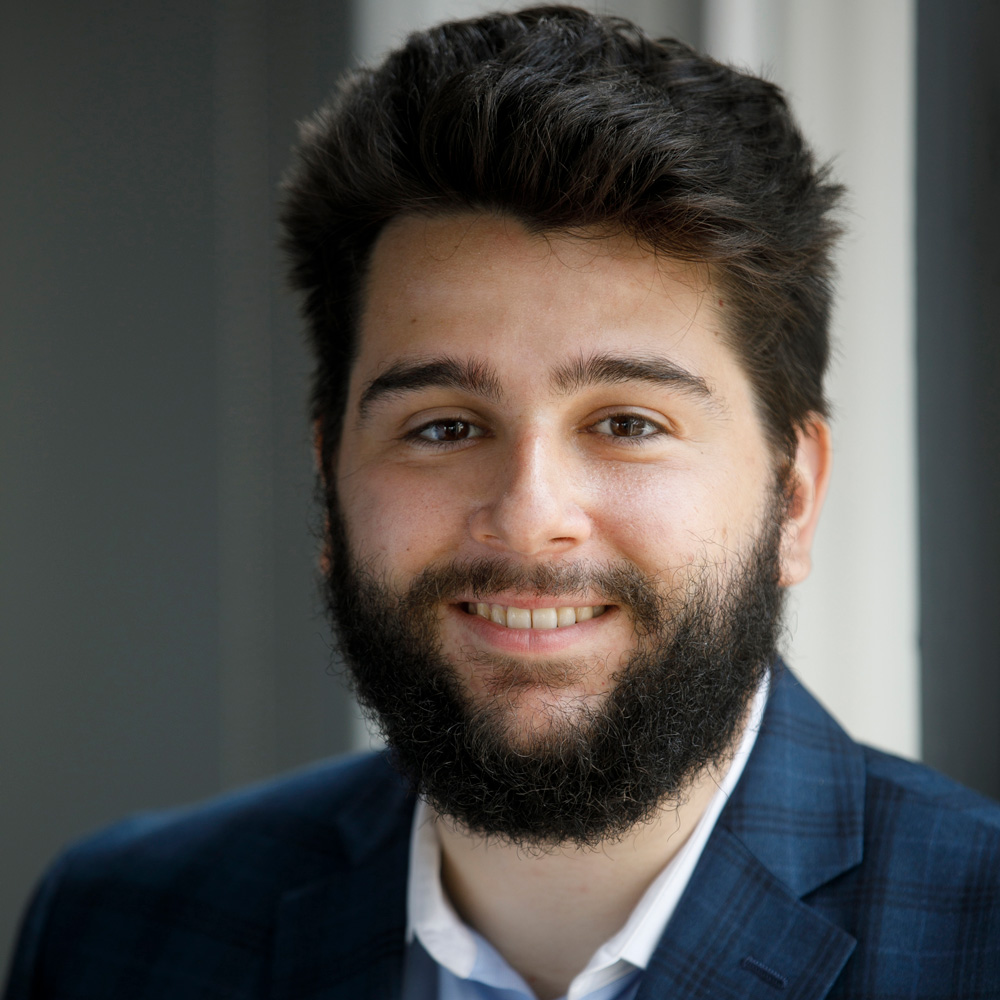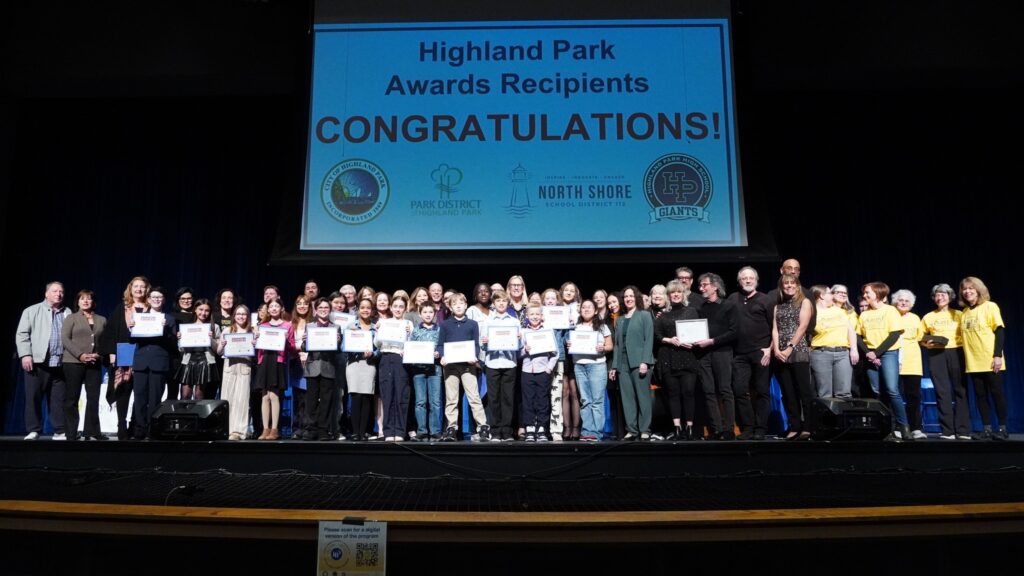
HP bolsters THC-related ban with split decision
Council also passes resident-suggested parking ban on cul-de-sac
A split Highland Park City Council strengthened its 2023 decision to prohibit city-issued tobacco licensees from selling, delivering or distributing Illicit THC products with a decision it cast during its meeting on Monday, Jan. 29.
Council members voted 4-3 during the session to ban all retail sales and possession, by those under the age of 21, of Illicit THC products. The ban is scheduled to take effect on April 1 of this year.
The council voted 4-2 during a November meeting to approve the ordinance that banned tobacco retailers from selling the unregulated products, as previously reported by The Record.
The approved ordinance — which did not cover state-licensed cannabis dispensaries — defines the conditionally banned items as products or materials that include synthesized THC (tetrahydrocannabinol, an active ingredient in marijuana) or are made from kratom, an herbal substance that produces stimulant-like effects.
Common versions of synthesized THC include Delta-8 and Delta-10.
Neither synthesized THC nor kratom has FDA-approved uses. Following thousands of reports of accidental poisonings in the last five years, per the CDC and FDA, the substances have faced bans in at least 14 states.
According to a memo from the city manager’s office, officials showed interest in expanding the ban beyond just businesses that hold tobacco licenses and instead to include all businesses within Highland Park.
City officials then presented an updated report to the council in early December during a committee of the whole session.
The council directed staff to move forward with banning all sales of illicit THC products community-wide, restricting possession and use by individuals under 21, establishing fines for violations, and creating an effective date that would allow for education and compliance, the memo reads.
The ordinance appeared under the omnibus vote consideration portion of the Jan. 29 meeting’s agenda but the item was pulled by Councilmember Andrés Tapia, who was one of the officials to vote against approval.
Tapia called the council’s deliberation of the matter “a complex issue with not an easy answer,” but added that he believes “there are some nuances here that I wish we had addressed more fully.”
Tapia noted that he fully supported the measure of the ordinance that bans the sale of Illicit THC products to anyone under the age of 21 but suggested that the council was overstepping by banning it for adults as well.
“I think we are overreaching in terms of prohibiting the sale to adults who are consenting adults and can weigh the cost-benefits of these substances to see if it’s worth relieving some conditions that they are affected with,” he said.
Similarly, board member Jeff Hoobler said he does “not think the City Council should be in the business of policing what adults put in their bodies.”
Hoobler showed particular resistance toward the ordinance’s limits on Delta-9, a substance he argued is tested and regulated.
The now-approved ordinance limits Delta-9 content to no more than 2.5 milligrams “per package regardless of the number of labeled servings or individual units therein.”
Prior to the board’s vote on the ordinance, Hoobler motioned to increase the allowed limit of Delta-9 content to 5 milligrams. The motion failed via a 4-3 vote.
Councilmember Annette Lidawer argued that she would like to see the ordinance divided so the board could vote on the ban for individuals under 21 separately, noting that as a reason she could not support it.
Board member Kim Stone contended that the ordinance speaks to the purpose of government.
“This is the role of government: protect people,” she said. “These unregulated THC products have no proven health benefits. For people with various conditions, they should use regulated, scientifically tested substances. They should see their physician and find out what substances will help with their conditions rather than going to … unregulated substances.”
Mayor Nancy Rotering added that she has received emails and oral testimonies from addiction specialists asking the town to follow through with its ban. She also said she’s spoken to several members of the Illinois General Assembly, including the speaker of the house, who have urged municipalities to pass these laws.
Street parking ban
“Where there’s a will, there’s a way” is one of the oldest adages around, and one Highland Park resident saw the idiom proven true.
Council members approved during the Jan. 29 meeting a resolution that restricts parking in the Red Oak Terrace cul-de-sac on school days from 8-9:30 a.m. and 3-4 p.m. The resolution was approved on the items for omnibus vote consideration portion of the meeting.
According to a village memo, the prospect to ban parking on the street under the proposed times was first brought to officials by resident Jeff Gershman, who lives on Red Oak Terrace.
Gershman initiated the request because vehicles frequently parked in the cul-de-sac during school drop-off and pick-up times, the memo says. Highland Park’s Ravinia Nursery School is located directly west of the block.
Gershman told town officials that the vehicles would often park and use the cul-de-sac as a staffing area for the drop-off and pick-up process, blocking driveways and making it difficult for residents to freely use the roadway and access their driveways.
Highland Park’s Traffic Management Committee met in October of last year to discuss the proposed parking restrictions and informed Gershman that he would need to conduct a survey to determine if there is public support for the potential restriction. Gershman conducted the survey and presented his findings in November of last year, the memo reads.
All residents of the cul-de-sac supported the restriction, per the memo, which later adds that the committee went on to recommend it as well.
Upwards of 100 ‘major projects’ ahead in 2024 for Highland Park
There is no shortage of work ahead for Highland Park officials in the coming year, as 120 “major projects” are already on the docket.
City Manager Ghida Neukirch told the council during a brief presentation Jan. 29 that the city compiles a work plan each calendar year to identify major projects. Neukirch said these projects are “essentially initiatives that are outside of our day-to-day operation or they could be significant public-facing initiatives or notable internal projects”
“The major projects align with the five priorities that are guiding the city and of course they align with the city’s mission, which unites our entire organization,” Neukirch said.
The 120 projects slated for 2024 matches the number of projects on the 2023 list, Neukirch said, adding the city did not plan the exact match.
Projects were identified based on staff, council and public feedback and are organized by department, per Neukirch.
More than 70 percent of the projects are already in progress, according to data presented at the meeting. The highest percent of projects, just over 29 percent, fall under the category of fiscal stability. Economic and public-safety-related projects make up the second and third largest portions, respectively.
Neukirch told the board that the city will continue to provide quarterly updates as the projects progress.
“It’s an impressive list,” Rotering said. “Godspeed.”
The Record is a nonprofit, nonpartisan community newsroom that relies on reader support to fuel its independent local journalism.
Become a member of The Record to fund responsible news coverage for your community.
Already a member? You can make a tax-deductible donation at any time.

Martin Carlino
Martin Carlino is a co-founder and the senior editor who assigns and edits The Record stories, while also bylining articles every week. Martin is an experienced and award-winning education reporter who was the editor of The Northbrook Tower.


